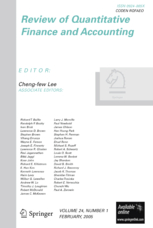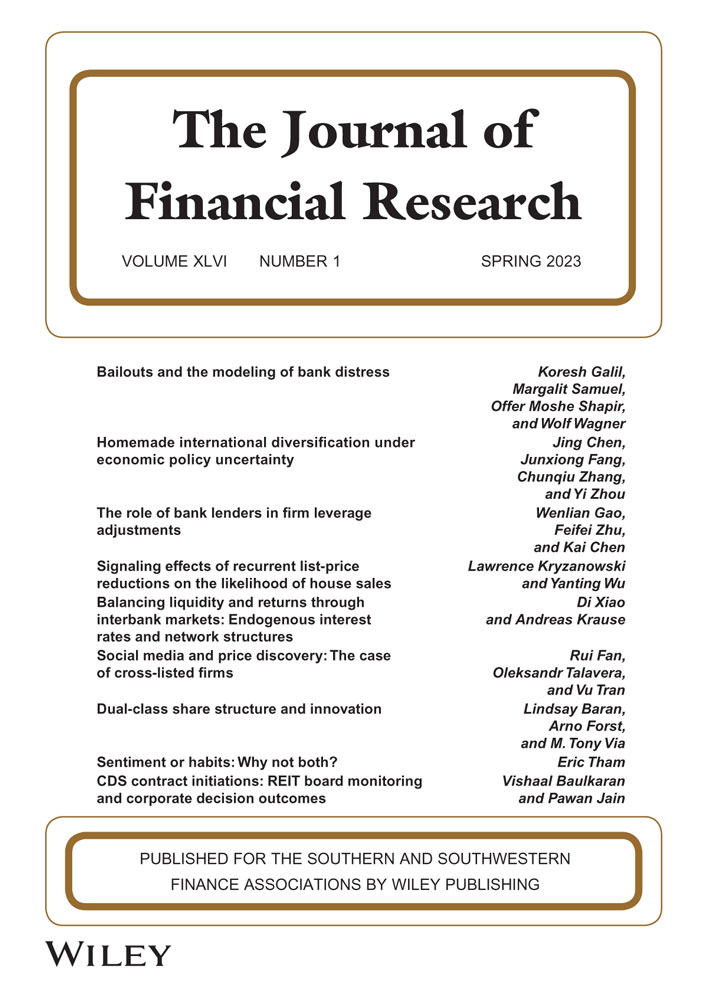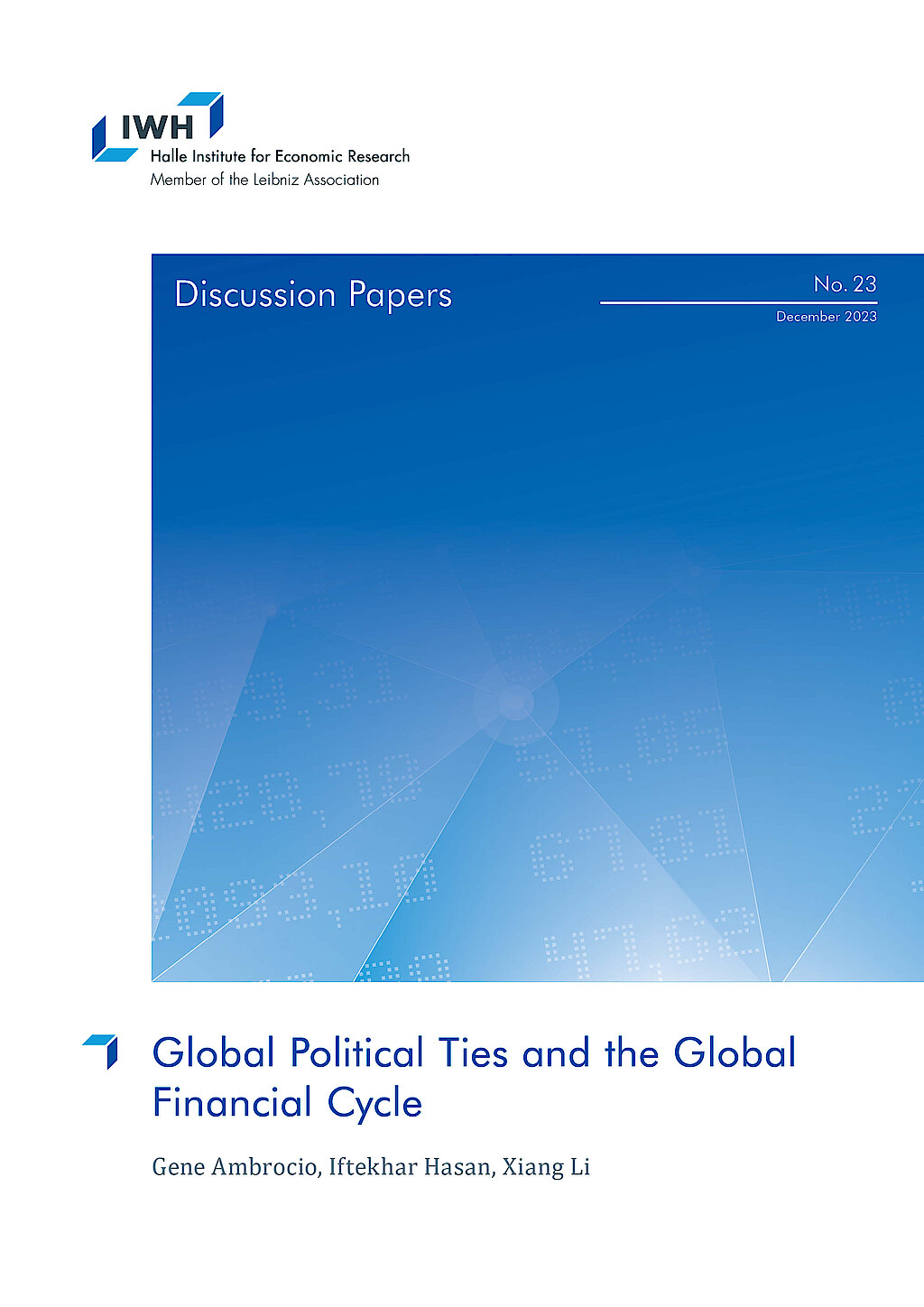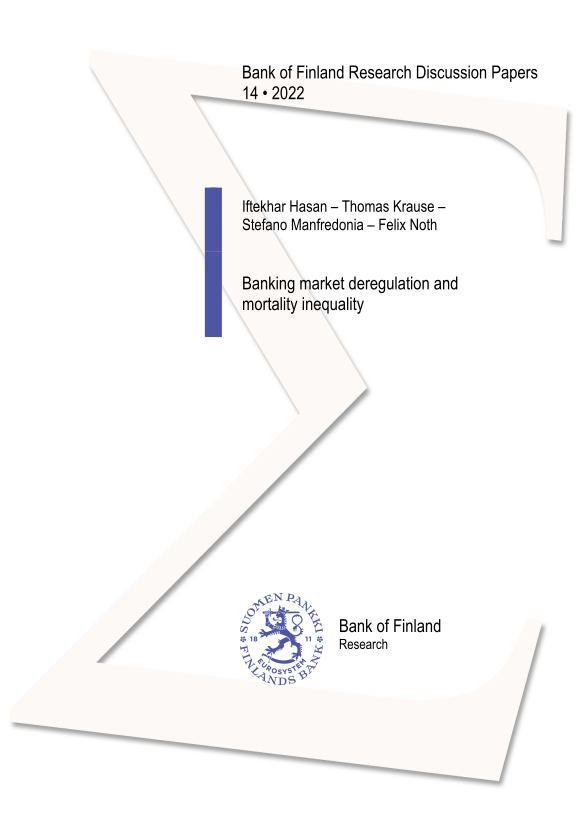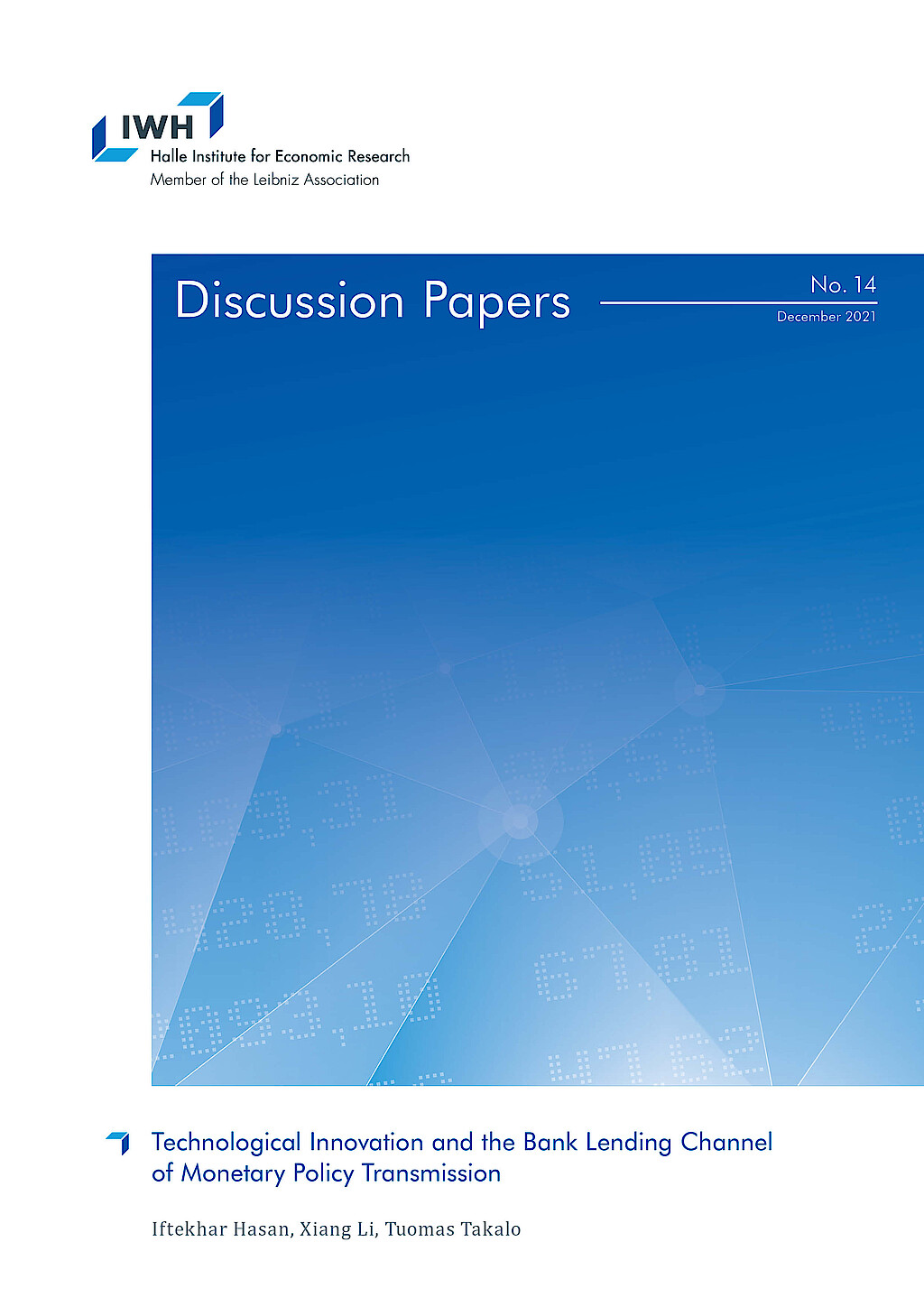Professor Iftekhar Hasan, PhD

Current Position
since 12/16
Research Fellow Department of Financial Markets
Halle Institute for Economic Research (IWH) – Member of the Leibniz Association
since 1/11
University Professor and E. Gerald Corrigan Chair in Finance
Gabelli School of Business, Fordham University
Research Interests
- corporate finance
- banking
- finance and accounting
Iftekhar Hasan joined the Department of Financial Markets as a Research Fellow in December 2016. His research focuses on financial institutions and capital markets, applied corporate finance, entrepreneurial finance and venture capital, financial accounting, emerging markets, and international banking.
Iftekhar Hasan is University Professor, E. Gerald Corrigan Chair in Finance, and the academic director of the PhD programme at the Gabelli School of Business at Fordham University. He serves as a scientific advisor of the Bank of Finland and as managing editor for the Journal of Financial Stability.



